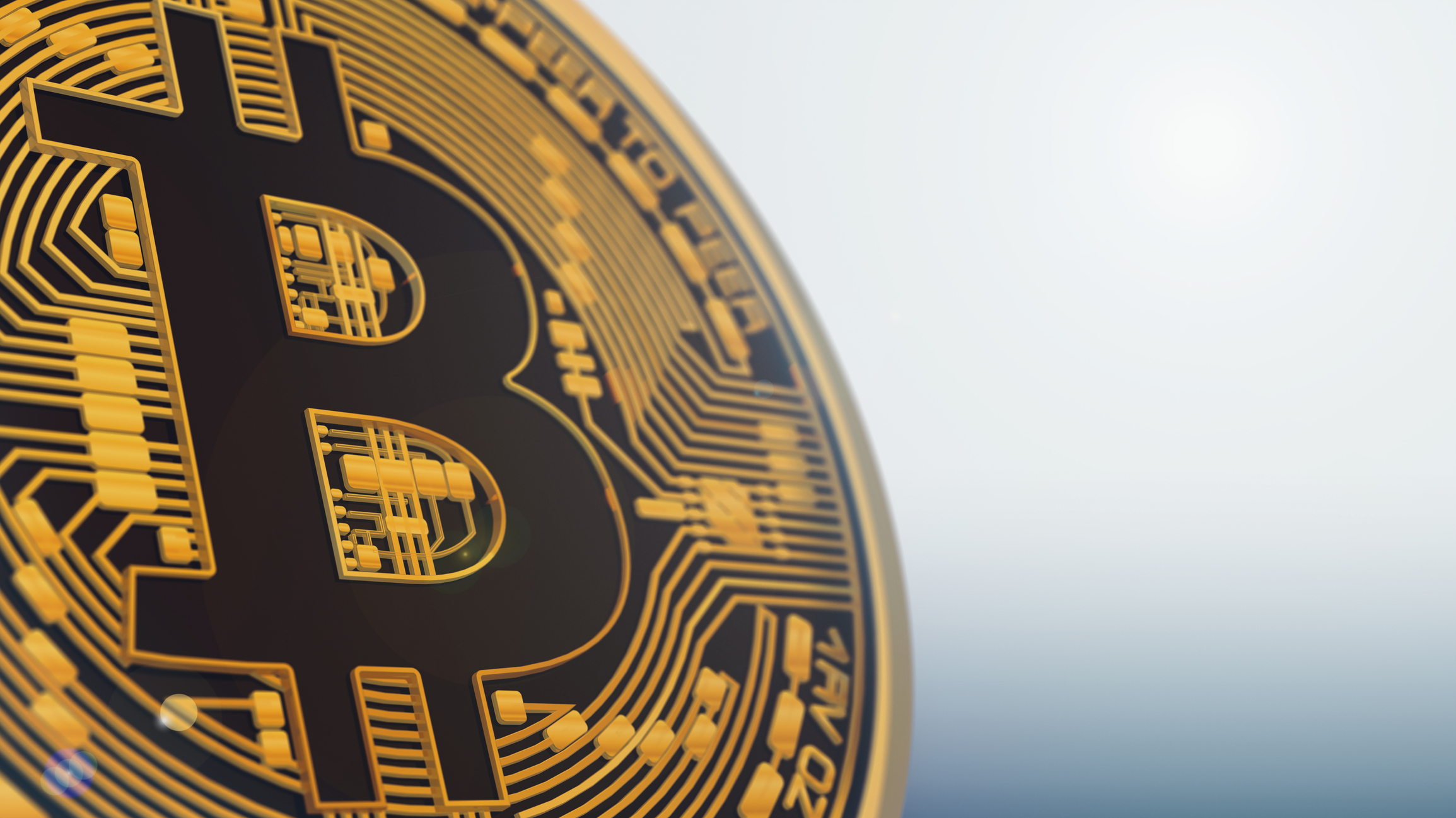Donald Trump’s Son Confirms Plan to Eliminate Crypto Capital Gains Tax
15.12.2024 8:00 2 min. read Alexander Zdravkov
Former President Trump is pushing forward with a bold plan to eliminate capital gains taxes on cryptocurrencies issued by U.S. companies.
The proposal, confirmed by his son Eric Trump, aims to make crypto tax-free for U.S. citizens holding assets like ADA, ALGO, XRP, and HBAR, positioning American digital currencies as more appealing in the global market.
Eric Shawn of Fox News reports that while this plan is ambitious, it could put non-U.S. cryptocurrencies at a competitive disadvantage, with other nations potentially facing up to a 37% tax on capital gains. The proposal also requires cryptocurrency firms to register in the U.S. before issuing assets, but current companies holding crypto could be given the chance to relocate.
This initiative is part of a larger strategy to make the U.S. a dominant player in the cryptocurrency space. The administration believes that by incentivizing the creation of “Made in America” digital currencies, it can attract investment and innovation, transforming the country into the world’s crypto hub.
READ MORE:

XRP Scores New Listing on Arkham Exchange
Sources suggest that for U.S. investors, this could be a game-changer, with crypto investments becoming far more lucrative due to the tax-free status.
However, the proposal has drawn criticism from some in the crypto community, who argue that the push for a national cryptocurrency contradicts the decentralized ethos of blockchain. The debate is still unfolding, with far-reaching consequences for the future of the industry.
-
1
Trump-Linked Crypto Project WLFI Prepares for Token Listing and Stablecoin Audit
27.06.2025 11:00 2 min. read -
2
TRON (TRX) Eyes Breakout as Bollinger Bands Signal Squeeze
30.06.2025 13:00 2 min. read -
3
Altcoin Market: In Which Stage are we Now, According to Top Crypto Expert
06.07.2025 18:00 2 min. read -
4
Nasdaq-Listed Firm Targets HYPE, Solana, and Sui for Reserve Strategy
27.06.2025 19:00 2 min. read -
5
BNB Chain Boosts Transaction Speed and Stability with New Upgrade
30.06.2025 8:00 1 min. read
These Blockchains are Quietly Heating up—Sonic Leads With 89% Address Growth
According to on-chain analytics firm Nansen, several blockchain networks are witnessing a sharp rise in user activity, led by Sonic, which recorded an impressive 89% growth in active addresses over the past 7 days.
These Are the Most Trending Altcoins Right Now, According to CoinGecko
Crypto analysis platform CoinGecko has revealed the most talked-about altcoins in recent hours, highlighting a surge in investor interest across a range of sectors—from meme coins to DeFi and gaming tokens.
How Can You Tell When it’s Altcoin Season?
As the cryptocurrency market heats up, one recurring question dominates traders’ minds: are we in an Altcoin Season?
Ethereum Reclaims $3,000: What’s Driving the Renewed Bullish Momentum?
Ethereum is once again trading above the key $3,000 level after a 2.4% price jump brought it to $3,044 on July 14.
-
1
Trump-Linked Crypto Project WLFI Prepares for Token Listing and Stablecoin Audit
27.06.2025 11:00 2 min. read -
2
TRON (TRX) Eyes Breakout as Bollinger Bands Signal Squeeze
30.06.2025 13:00 2 min. read -
3
Altcoin Market: In Which Stage are we Now, According to Top Crypto Expert
06.07.2025 18:00 2 min. read -
4
Nasdaq-Listed Firm Targets HYPE, Solana, and Sui for Reserve Strategy
27.06.2025 19:00 2 min. read -
5
BNB Chain Boosts Transaction Speed and Stability with New Upgrade
30.06.2025 8:00 1 min. read

